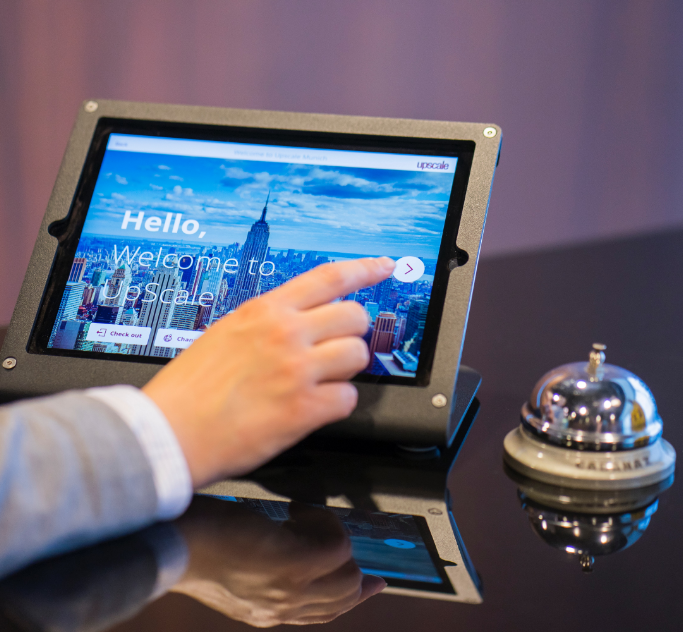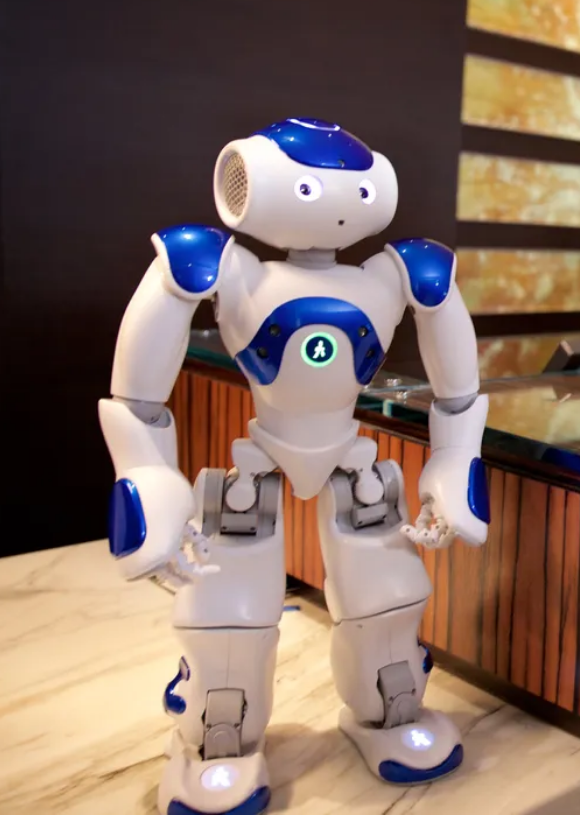Back in 2016, the Hilton hotel chain actually experimented with its own AI concierge, a robot named "Connie" that stood about two feet tall and relied on cognitive computing to answer customer queries. Using a combination of IBM's innovative Watson platform and the WayBlazer travel database, Connie was able to provide customers with real-time answers to questions. The robot was even able to literally point guests in the right direction when asked to locate something (such as the hotel's elevators).
Although 2016 may seem like a lifetime ago, the reality is that AI technology has come a long way in seven short years. At the time Connie was introduced, very few people could anticipate technology such as GPT-3 on the horizon. While Hilton's robot concierge never did become a permanent staple, newer AI and machine-learning technology is effectively being used in hotels and resorts across the globe to enhance the guest experience today.
Can Robot Concierges Ever Replace Humans?
The question on many people's minds when it comes to the idea of robot concierges is whether they could ever replace the smiling faces and charming personalities of a real-life human at a hotel's front desk. This has yet to be seen. Consider, for example, that Hilton no longer employs wide-scale use of its robot concierge. Meanwhile, Japan's Henn na Hotel (which implemented a group of robotic concierge dinosaurs back in 2015) also scrapped its AI concierge technology when it turned out that these robots couldn't answer the specific questions guests were asking.
Still, with AI technology improving all the time—and with recent and groundbreaking innovations like GPT-3, it is very likely that hotels and resorts will see success implementing AI concierge technology as a supplement to human staff. For example, machine-learning technology may provide valuable information to a front desk employee when a guest checks in, alerting the staff member that the guest is a loyalty club member who stays at the property regularly. The AI model can then provide personalized recommendations on interactions to make with the guest who is checking in, such as:
- Thanking them for being a returning loyalty member.
- Offering them a complimentary room upgrade.
- Asking them if they'd like to make the same dining reservations as they did during their previous stay.



